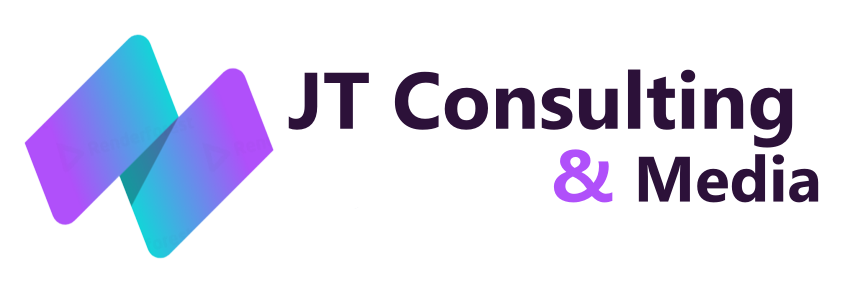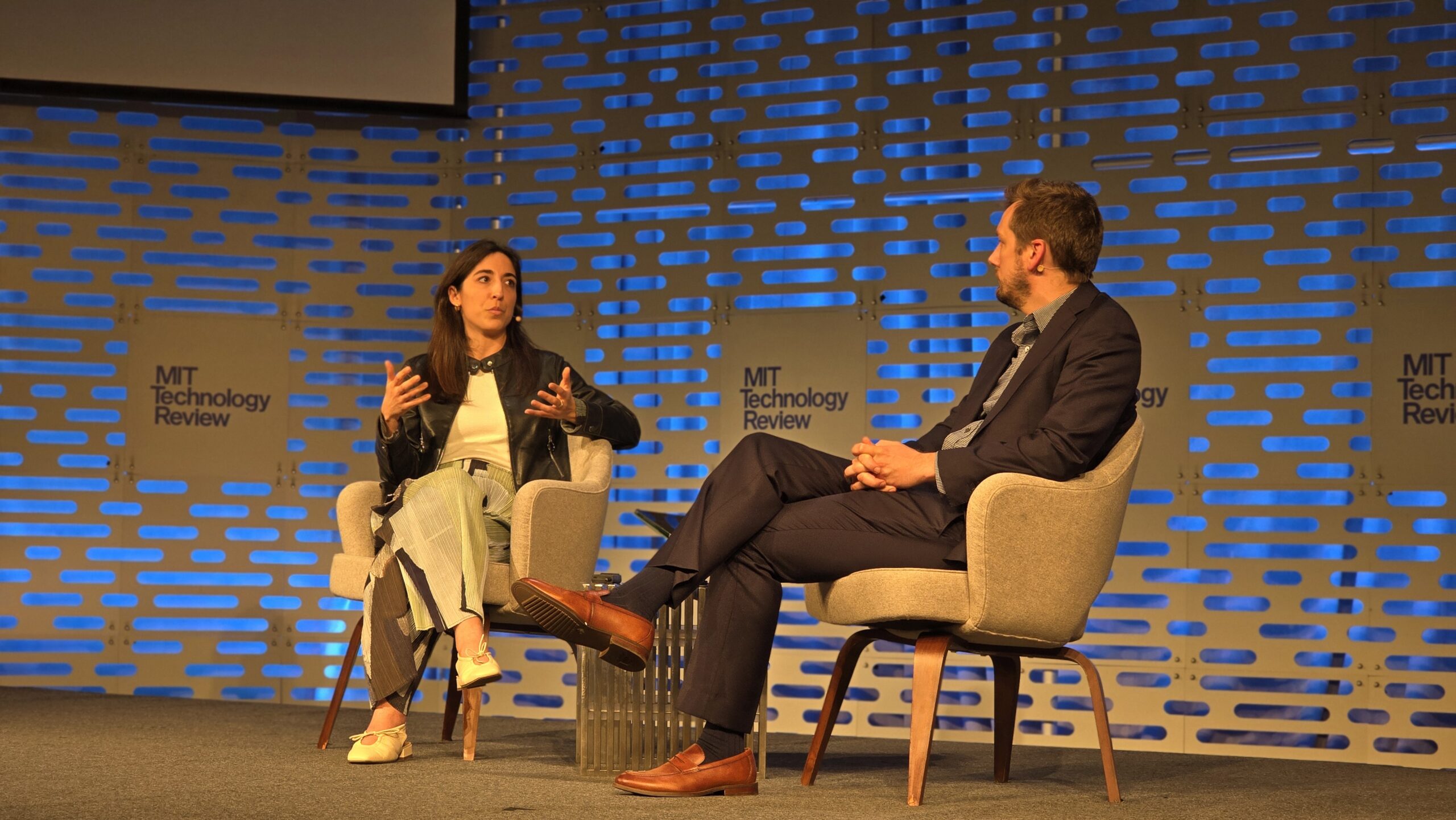Cambridge, MA – MIT EmTechAI: Margarida Garcia, VP of Operations at Poolside, recently shared her perspective on the evolving landscape of generative coding and the unique innovations her company is bringing to the field. Poolside is building its own foundation model for code generation, with a focus on secure, enterprise-ready deployments. Here are the key insights from her talk.
Building Foundation Models from Scratch
Garcia emphasized that Poolside is not simply fine-tuning existing models but is training models from scratch, leveraging curated code datasets and advanced reinforcement learning techniques. This approach allows Poolside to tailor its models for enterprise environments, ensuring both security and relevance to customer needs. The company’s efforts are rooted in building tools and assistants that can meaningfully boost developer productivity, particularly for tasks that span hours or days, rather than just quick code snippets.
The Role and Limitations of AI in Coding Today
Garcia was candid about the current capabilities of generative coding models. While today’s systems excel at assisting developers with short-term tasks-such as writing, debugging, or testing code in bursts of one to two hours-they are not yet able to autonomously complete multi-day or week-long projects without human intervention. She noted that these models still require frequent feedback and clarification, especially for complex, multi-step reasoning.
The path forward, according to Garcia, involves enhancing the contextual awareness and relevance of models within the environments where they are deployed. This is why Poolside emphasizes on-premise deployments, giving enterprises control over context and data privacy.
Why Code Is a Unique Training Dataset
Unlike many other domains, software development benefits from an abundance of high-quality, verifiable data. Code can be automatically tested for correctness, making it easier to validate and reinforce model outputs. Garcia explained that Poolside curates its own code datasets, rigorously filtering for quality and compliance, and supplements this with simulated environments where models can iteratively learn, much like reinforcement learning in games. This approach enables nearly infinite training scenarios, allowing models to learn from both success and failure in a controlled, measurable way.
Reinforcement Learning and Iterative Improvement
Garcia highlighted the importance of reinforcement learning for code generation. Writing software is inherently iterative-developers write, test, debug, and refactor repeatedly. Poolside’s models are trained to mimic this process, learning not just to produce code, but to improve it over time and adapt to new challenges. This iterative, feedback-driven approach is seen as both economically valuable and essential for producing robust, enterprise-grade software solutions.
Enterprise Challenges: Data Integration and Contextualization
A recurring theme in Garcia’s talk was the challenge of data integration in enterprise environments. She stressed that the most effective way to solve integration and context-specific problems is to deploy AI models within the customer’s infrastructure, preventing sensitive code from leaving the organization. Poolside’s tools are designed to learn from internal context, building a layer of intelligence that understands the unique structure and requirements of each enterprise codebase.
Beyond “Low-Code” and Consumer Tools
Garcia distinguished Poolside’s mission from the proliferation of low-code or consumer-facing coding assistants. While such tools can help non-developers or handle simple automation, Poolside is focused on high-consequence, developer-assistive software that addresses the nuanced and complex needs of professional engineering teams. The goal is not to replace developers, but to augment their capabilities and free them from repetitive, low-value tasks.
The Road to AGI: Why Code Matters
Garcia argued that code, more than natural language, offers a structured and logical framework for teaching models the kind of step-by-step reasoning required for artificial general intelligence (AGI). While natural language models can communicate, they often struggle with logical sequencing and prioritization. Code, by contrast, is inherently logical and verifiable, making it a powerful training ground for advanced AI capabilities.
Quality of Training Data and AI Literacy
Addressing concerns about “bad code” in training datasets, Garcia acknowledged that while data quality matters, the sheer volume and diversity of code available help models generalize and improve. She also emphasized the importance of AI literacy among users-understanding when to trust model outputs and when to apply human judgment remains critical. Models can be accurate in their solutions but may still lack the necessary context or relevance for specific use cases.
The Future: From Coding to Engineering Complex Systems
Looking ahead, Garcia believes that generative coding models will eventually be able to engineer complex software systems, not just individual scripts or modules. Achieving this will require advances not only in model performance but also in the broader ecosystem-tools, platforms, and integrations that allow AI to interact with the full software development lifecycle. However, she cautioned that this vision is still years away, and human creativity and oversight will remain essential for the foreseeable future.
Conclusion
Margarida Garcia’s insights underscore the rapid progress and ongoing challenges in generative coding. Poolside’s innovations-training models from scratch, focusing on enterprise deployment, and leveraging reinforcement learning-position the company at the forefront of this transformation. While AI is not yet ready to replace developers, it is poised to become an indispensable partner, amplifying human creativity and accelerating the pace of software innovation.
For more information, please visit the following:
Website: https://www.josephraczynski.com/
Blog: https://JTConsultingMedia.com/
Podcast: https://techsnippetstoday.buzzsprout.com
LinkedIn: https://www.linkedin.com/in/joerazz/


Leave a Reply
You must be logged in to post a comment.